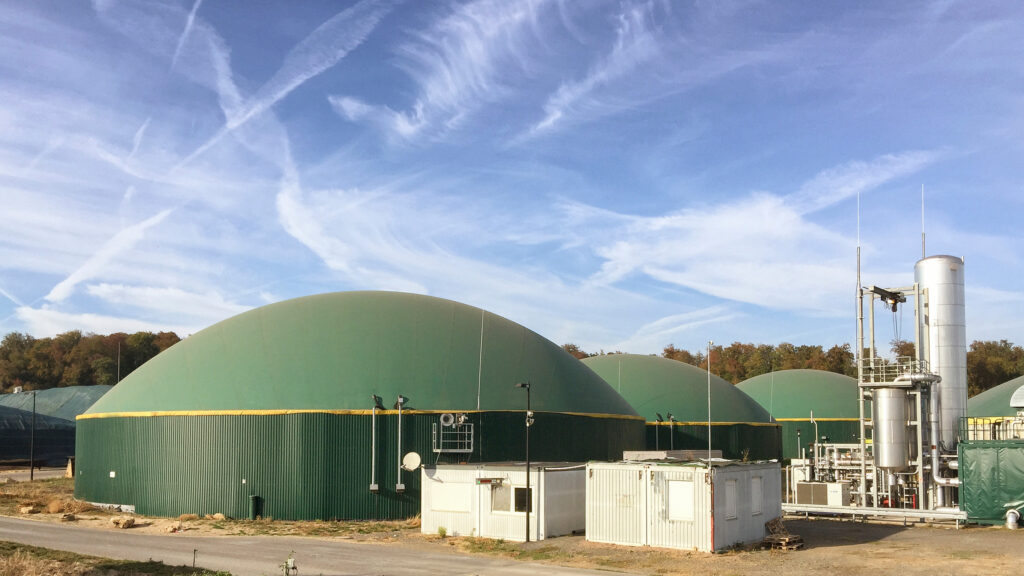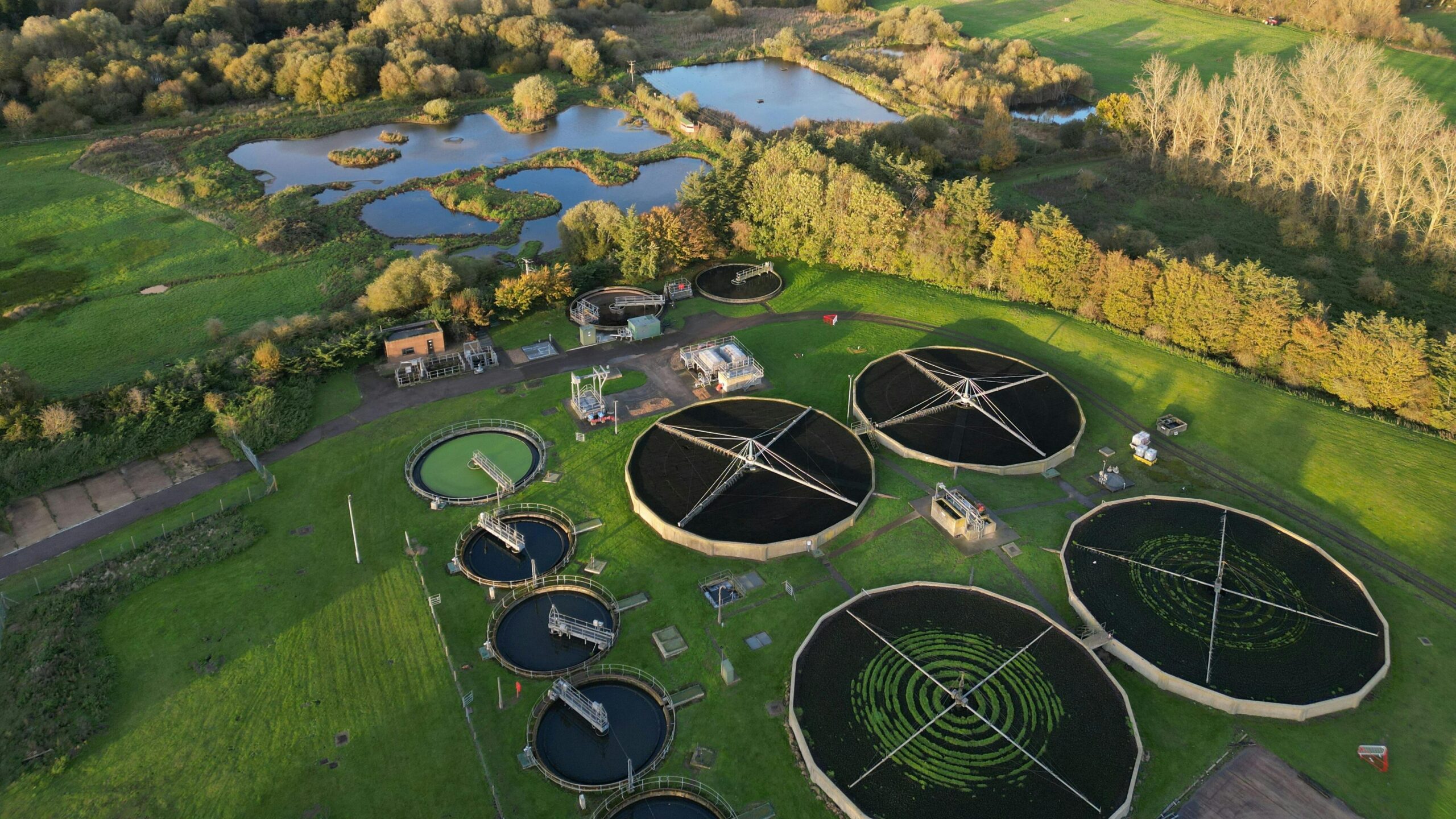Helping Companies to Treat Wastewater Responsibly
More than ever, businesses have to be mindful of their waste and fully uphold their responsibilities to our environment and rivers. Recent clampdowns on water companies have shaken things up but other trade effluent producers such as farms, biogas plants, dye houses, and food and drink companies also need to pay close attention to their wastewater.
A trade effluent consent or environmental permit will highlight the criteria each site has to meet, in order to ensure wastewater is discharged responsibly. Failure to comply with these requirements can damage the environment and rivers, harm human health and land companies with hefty fines. However, choosing the best solution for wastewater treatment isn’t always straightforward, and we often get asked ‘why choose ferrous over the alternatives’. Here are some of the reasons:
Sulphide control

It is crucial for Biogas Plants to control hydrogen sulphide levels, but this also applies to farms and other businesses that have either a digester or wastewater treatment plant on site. For anaerobic digestion, the removal of hydrogen sulphide from methane means that, when it’s burnt, the gas forms far less sulphuric acid, which attacks both the engines and their lubricating oils. Adding ferrous chloride directly into the system extends the life of the plant, pumps, CHP units, and lowers running and maintenance costs.
Furthermore, the reduction of hydrogen sulphide from sludge improves methane yield by removing a substance that is toxic to methane producing bacteria. Alternatives such as ferric salts are more expensive to use and lower the pH of the sludge, which can inhibit methane production. Powders can also be used but these are less efficient, as the insolubility can create an iron sludge build up which is abrasive to both pumps and pipework.
Phosphate removal

Phosphate removal is most relevant for activated sludge plants which are typically found at Sewage Works or large Food Production and Processing sites. When used to treat wastewater, Ferrous Chloride is more effective at removing phosphates than ferric salts because it’s less reactive with other constituents of the water. In simple terms you need twice the amount of ferric salts for the same result. Ferrous Chloride has the added advantage of not depressing the wastewater pH as significantly as ferric salts. This means that ferrous doesn’t inhibit microorganisms present in the sludge, instead it assists the useful bacteria and enhances the performance of the plant.
Colour removal from reactive dyes

Dye houses will always need to treat their wastewater prior to discharging. Releasing untreated reactive dyes causes serious water pollution, as it will inhibit photosynthesis for aquatic plants, which is devastating for the entire food chain. Under the right conditions, ferrous chloride can be used to break the dye’s chemical bonds, resulting in environmentally friendly wastewater. Alternatives such as hydrogen peroxide are much more expensive and require an additional coagulant to settle any sludge. If you’re looking to break bonds in reactive dyes, using ferrous chloride under alkaline conditions is the most cost effective and environmentally friendly solution out there.
There are many other industries that need to manage their wastewater sustainably, the above are just examples of industries that we work with on a regular basis. If your business disposes of water that is contaminated with chemicals, detergents, fats, oils or food waste, and you’d like our advice on how to treat it, you can contact us here.
Alternatively, for industry specific hints, tips and news, you can sign up for our newsletter.








